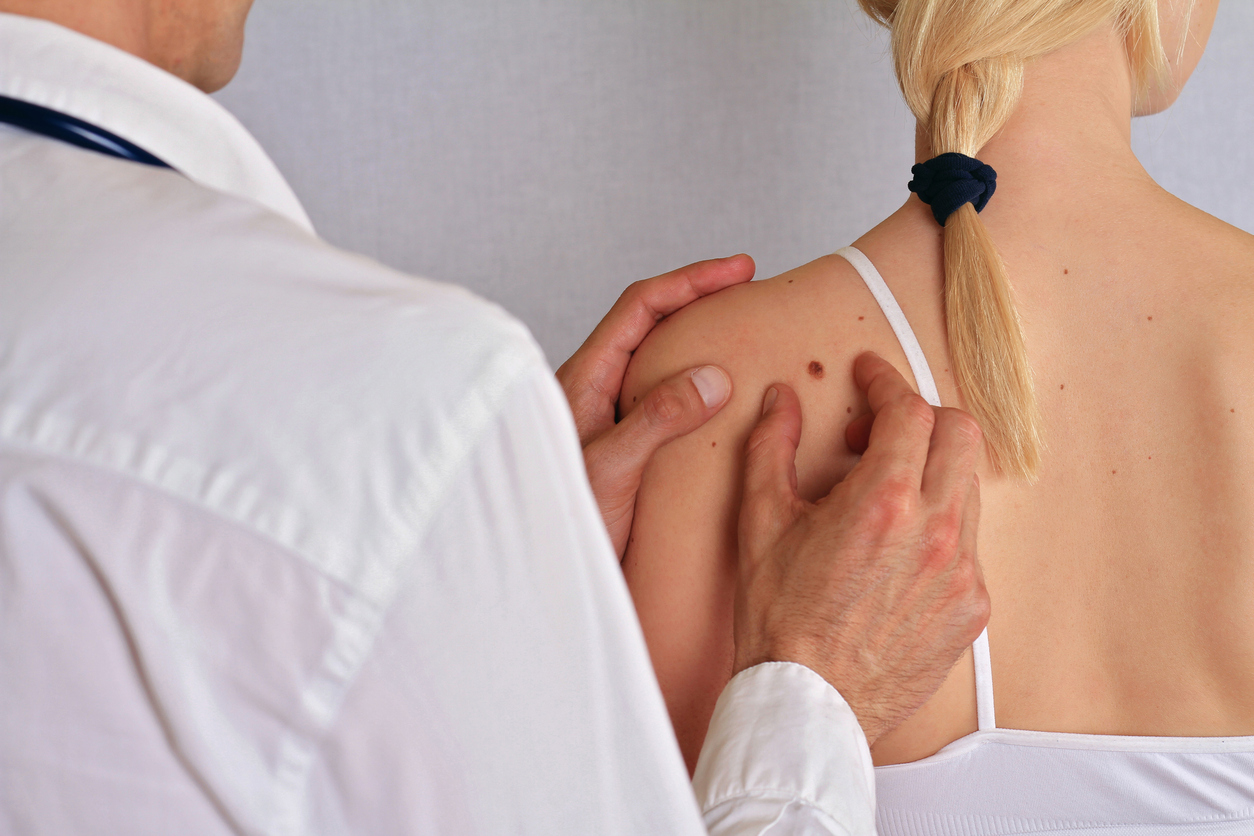Q&A with Dr Prem Kumar: Skin Cancer

Whilst skin cancer is one of the higher success rates when it comes to treating, it’s incredibly scary to learn that more than 6 people die every day from melanoma skin cancer in the UK. Even more worryingly there are 42 new melanoma skin cancer cases in the UK every day. **
Melanoma skin cancer differs from non-melanoma skin cancer and early detection is a must. Dr Prem Kumar is a specialist in dermatology and has been performing skin cancer detection and treatment of mole removal for many years.
Who is more pre-disposed to getting melanoma skin cancer?
A patient with a personal history of melanoma has an increased risk of additional melanoma. Anyone exposed to the sun, has a fair complexion and also an increased number of pigmented moles. Anyone with Immunosuppression, those with a suppressed immune system.
Note: Melanomas not only occur on the skin but also can be found on the mouth lining, genitals and conjunctiva (whites of the eyeballs).
If I have moles on my body, am I already at risk of developing melanoma skin cancer? If so, how often should I have them checked?
Moles should be checked regularly – at least every 3 months for new moles. If you notice a change in a mole’s appearance for instance colour change and/or appearance it’s imperative to seek medical advice with upmost priority.
What are the signs I should be looking for with melanoma skin cancer?
Changes in size and also changes in colour, especially if the mole appears red or white. Any signs of inflammation around the surrounding mole, itching, pain, bleeding, ulceration, scaly appearance or that become painful.
What is the first step of diagnosis for melanoma skin cancer?
If you have any concerns about a mole then seek medical advice from your GP immediately. The GP will use a special light apparatus called a Dermascope to help with diagnosis, and then make a referral to a dermatologist. Moles should never be diagnosed using just the naked eye.
How successful is the treatment of melanoma skin cancer?
A cure depends on how early the diagnosis and hence early the treatment. If caught early there is a 5-year cure rate and with superficial lesions it’s nearly 100%. Survival rate depends on the thickness of the mole at the time of diagnosis. Treatment is primarily surgical removal.
I really enjoy the sun so will a Sun Protection Factor suffice in protecting my skin against skin cancer?
Most of us enjoy the sun but it’s essential to protect the skin. You can do this by applying a sun protection factor (SPF) of 30 or above. Making sure you re-apply it regularly throughout the day, and if you are swimming to use a waterproof formula. However, in warmer weather or abroad sun creams are not efficient enough to protect. Always cover the skin in sun protective clothing, hat, sunglasses etc with total sun protection. Also remember the suns rays are strongest between midday and 3pm, so best to avoid altogether.
**Based on annual average number of deaths from melanoma skin cancer (ICD10 C43) in United Kingdom between 2013-2015. www. Cancerresearchuk.org
T 01279 899442
E prem@prem-aesthetics.co.uk
HOME | ABOUT US | TREATMENTS | TESTIMONIALS | NEWS | CONTACT US
TERMS & CONDITIONS | PRIVACY POLICY
PROUD MEMBER OF
WWW.CONSULTINGROOM.COM
© COPYRIGHT PREM AESTHETICS 2021
WEBSITE BY MW STUDIO
T 01279 899442
E prem@prem-aesthetics.co.uk
TERMS & CONDITIONS | PRIVACY POLICY
PROUD MEMBER OF
WWW.CONSULTINGROOM.COM
© COPYRIGHT PREM AESTHETICS 2021
WEBSITE BY MW STUDIO
